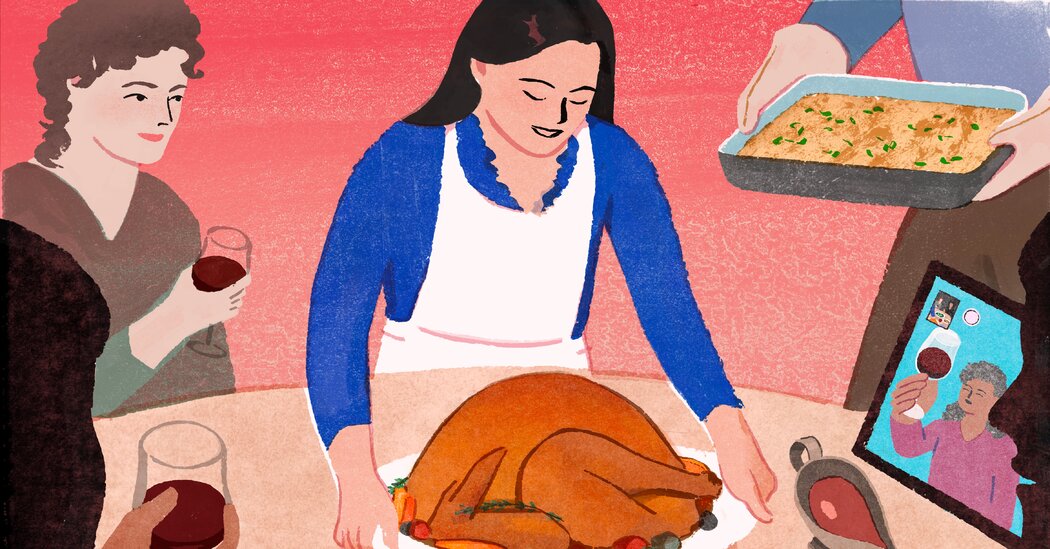
Megan Vice’s family lives on Long Island and wants her to come home for the holidays, but for the past few years, spending Christmas there has been a bummer. “My parents don’t even have a tree anymore,” said Ms. Vice, a 31-year-old musician who lives in Los Angeles. “I need to be doing things that make me happy, and for me, Christmas is not an enjoyable experience. As much as I love my parents, this holiday does not make me feel good.”
This year, she will fly to Chiapas, Mexico, for a 10-day silent meditation retreat in the mountains. “It’s going to be intense, but I think it will be meaningful,” Ms. Vice said. “The pandemic has made me crave not just new experiences, but ones that are intentional.”
The pandemic has taught other Americans that virtual connections can be as meaningful as in-person ones. If that is the case, they figure, why spend all the money and time to travel to be with family in person?
Tracy Lee, 40, who works in financial tech in Manhattan, loves visiting her parents and siblings who live in Montana, Arizona and Indiana. But Thanksgiving, when airfare is generally more expensive and the airports are packed, is not an ideal time to fly there. “I would rather see my family when we can actually do things and not feel forced,” said Ms. Lee, 40. “Why not meet up in August and enjoy a nice week together and not force this holiday on all of us?”
When she was away from her family over the pandemic, she learned how easy it was to keep in touch with them virtually. So she decided to do that for the holiday this year instead. “We played a trivia game with them, some version of Heads Up,” she said. “It feels so natural to interact virtually since the pandemic. This is now how we make the holidays work.”
Thom Tran, a stand-up comedian in Los Angeles, said the pandemic normalized virtual connections so much that this year he felt free to celebrate Thanksgiving away from his parents, who live in New York, “completely without guilt.”




